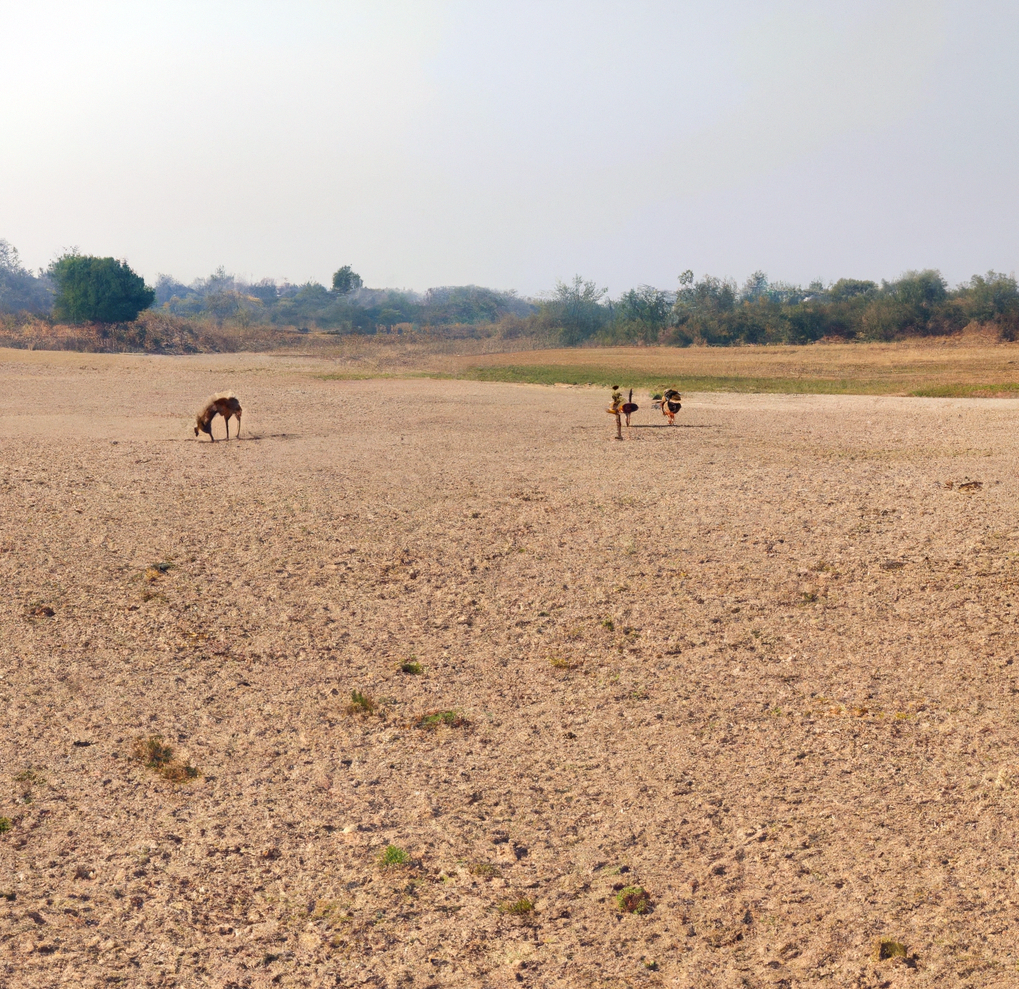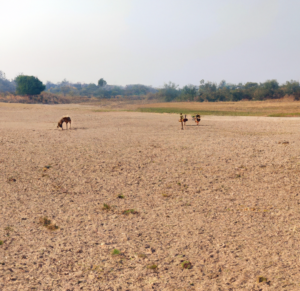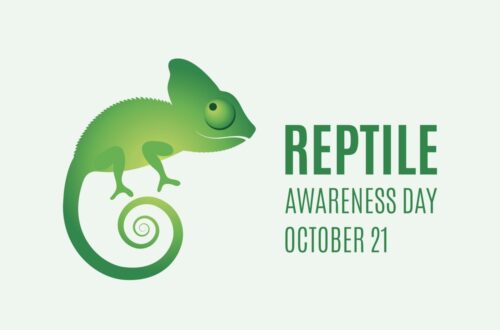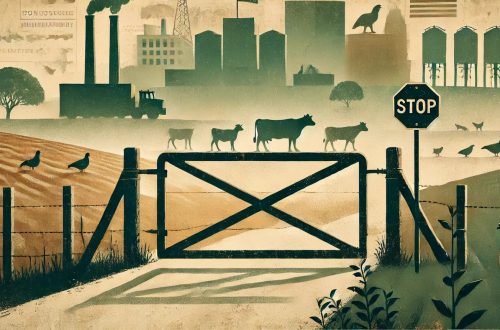
The Urgent Need to Address Animal Agriculture’s Role in Desertification and Drought
The situation in India offers a unique perspective on the role of animal agriculture in desertification and drought. As a country with a considerable livestock population, agricultural practices and policies have direct implications for the environmental conditions of the region.
India has the world’s largest population of cattle and buffalo and the second largest population of goats and sheep. This livestock population not only forms a significant part of the rural economy but also has considerable environmental implications. The methane emissions from India’s large ruminant population contribute to climate change, which exacerbates desertification and drought. According to the Food and Agriculture Organization (FAO), the livestock sector in India contributes to 10-12% of global anthropogenic methane emissions.
The livestock industry in India also contributes to water scarcity. As per a report by the Water Footprint Network, beef and dairy production in India is a significant user of freshwater resources. Each kilogram of beef produced in India requires nearly 15,400 litres of water, and a litre of milk uses nearly 1,020 litres. This high water footprint, combined with the vast scale of livestock farming in the country, places immense pressure on the already stressed water resources and worsens drought conditions in arid and semi-arid regions.
Governments, international organizations, and consumers must recognize the need for a transition towards a more sustainable and resilient food system. Subsidies and incentives should be directed towards supporting agroecological practices that promote biodiversity, soil health, and water conservation, rather than perpetuating the unsustainable expansion of industrial livestock production.
India’s traditional diet, which is largely plant-based, is an advantage in this context. Reducing the consumption of animal products and promoting plant-based diets can lead to significant reductions in the environmental impacts of agriculture.
As we reflect on the global challenges of desertification and drought, let us not overlook the significant role of animal agriculture in exacerbating these environmental challenges. It is imperative that we confront the complex interplay between livestock production, desertification, and drought. Only through collective action and transformative changes can we safeguard our planet’s health, secure our water resources, and ensure a sustainable future.




